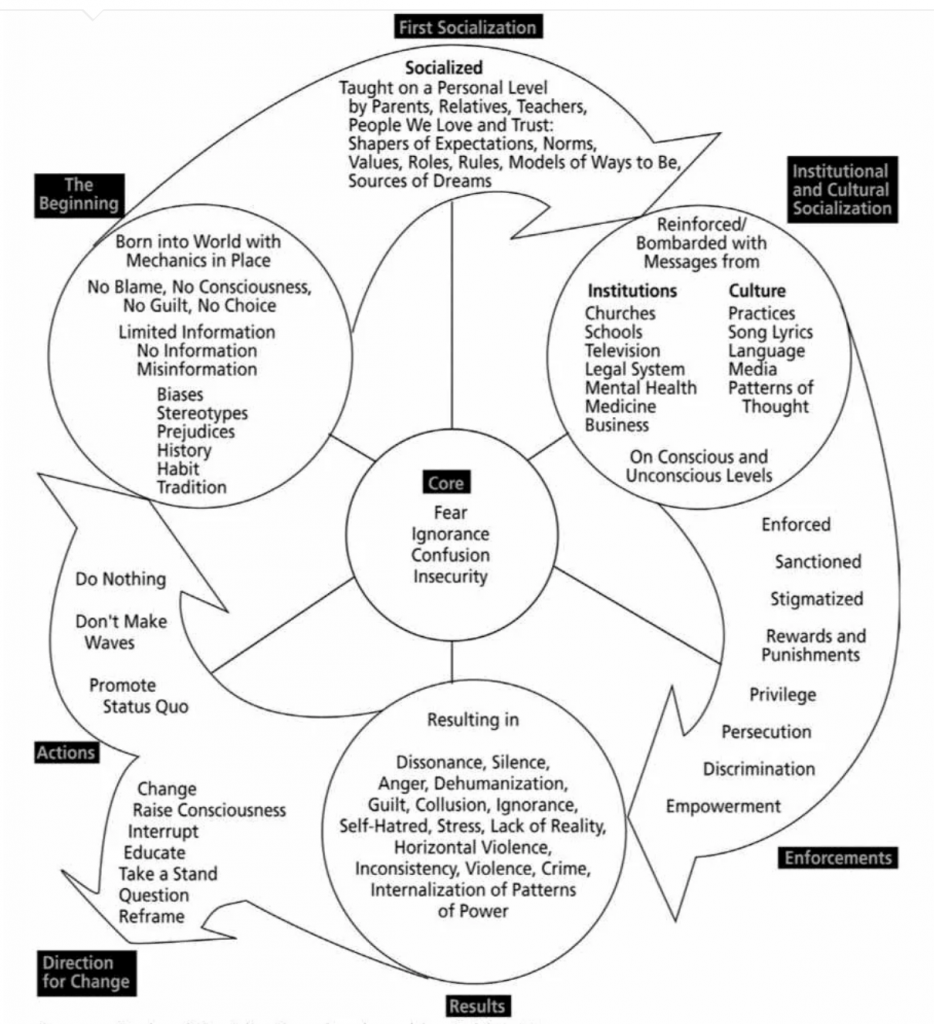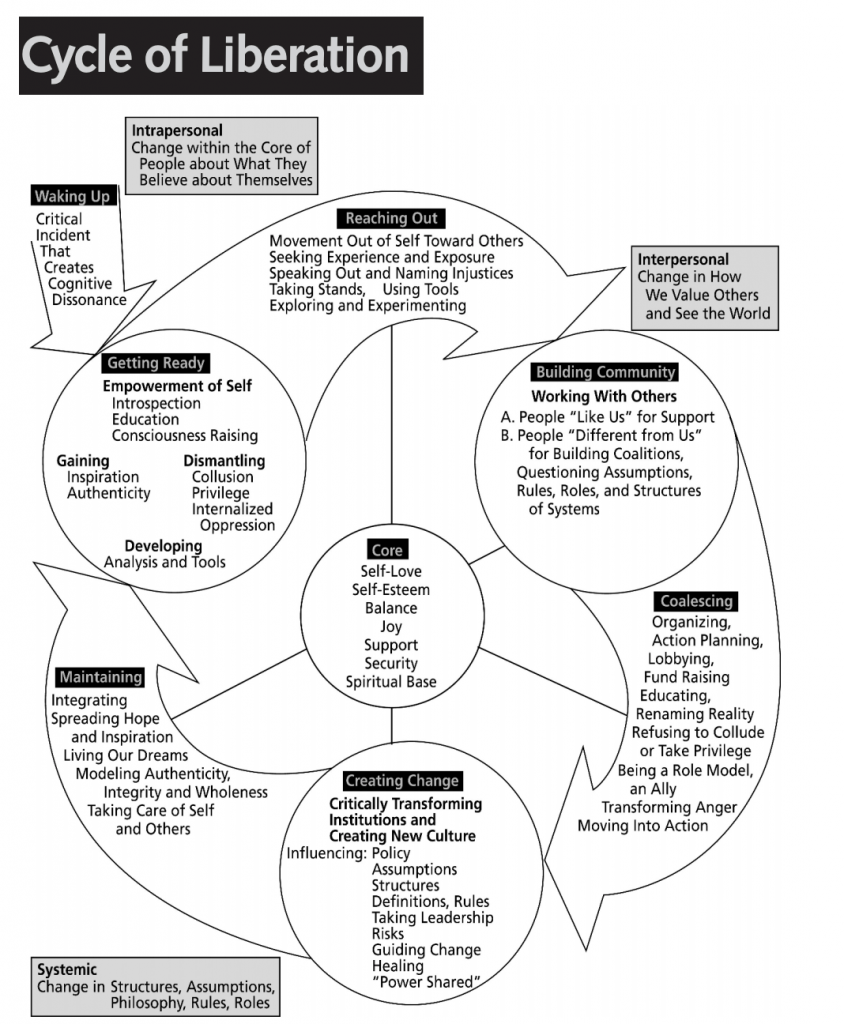The absolute best thing about working in PK-12 education is getting to believe that you are surrounded by young people who will make the world a better place. When I visit a classroom, I am always struck by a sense that these are humans who will know better, and do better than generations who have come before them.
As I watch the world around me this weekend, I am disheartened knowing our schools play an integral role in maintaining the status quo of privilege and oppression fueling this sadness, pain, fear, rage, violence, apathy, and hate.
In his book Pedagogy of the Oppressed, Paulo Freire wrote, “Education either functions as an instrument which is used to facilitate integration of the younger generation into the logic of the present system and bring about conformity or it becomes the practice of freedom, the means by which men and women deal critically and creatively with reality and discover how to participate in the transformation of their world.”
I read this quote, and I can see both the reality of the system in which I work, and the dreams of the people with whom I work.
I work with people filled with empathy, but our institution feels cold and uncaring. I work with people who just want to serve students, but our system labels, sorts, and ranks. I work with people who believe each child has capacity for greatness, but I work in a system that says, no child left behind out of one side of it’s mouth, and then funds and supports public education in a way that clearly says we are comfortable with this not working out for a certain percentage of children out of the other.
I have been in a mental struggle with these issues my entire educational career. I see that our system is part of the problem, which causes me to believe that we have to look to our system as the solution. The murder of George Floyd, and the peaceful protests and angry riots that have followed have brought me back to the question, what can I do about this.
I believe the answer is learn, learn to be better, learn to continually recognize privilege, oppression, marginalization, bias and hate. Learn to point it out, and to take action to stop it.
When I woke up this morning, I reread James Baldwin’s A Letter to my Nephew. If you’ve never read it, I hope you will today, and if you have read it, I hope you will read it again.
As I read today, the line that struck me the deepest was, “They are in effect still trapped in a history which they do not understand and until they understand it, they cannot be released from it” (Baldwin, 1962).
More than 30 years after Baldwin’s letter, Dr. Roberta Harro produced graphic representations of exactly what Baldwin was saying in this quote, the Cycle of Socialization, and the Cycle of Liberation.
In the article The Cycle of Socialization, Harro explains that we are born into a specific set of social identities, and that they predispose us to unequal roles in the system of oppression. “We are then socialized by powerful sources in our worlds to play the roles prescribed by an inequitable social system” (Harro, 1997).
In the article The Cycle of Liberation, Harro explains we have the power to make a conscious break from the cycle of socialization, and to engage in a new path. “As people come to a critical level of understanding of the nature of oppression and their roles in this systemic phenomenon, they seek new paths for creating social change and taking themselves toward empowerment and liberation” (Harro, 1997).
I feel lucky to live and work in a community where so many have made the conscious decision to make a break from the churn of the Cycle of Socialization. Yet, I know hate, marginalization, and oppression happen in our schools, and in our town.
My favorite singer/songwriter, Jason Isbell, recently released a new album, and one of the songs on the album is called What’ve I Done to Help. The third verse of the song states:
Climb to safety, you and me and the baby
Send our thoughts and prayers to loved ones on the ground
And as the days went by we just stopped looking down, down, down
The world’s on fire and we just climb higher
‘Til we’re no longer bothered by the smoke and sound
Good people suffer and the heart gets tougher
Nothing given, nothing found
What’ve I done to help?
Today, I reaffirm my pledge to do something to help. I will recognize my privilege, I will recognize my biases, I will be an anti-racist, I will be anti-homophobic, I will strive for equity and access, and I will make the educational system better than it has been.
If you’ve read this far, I hope you will take some time to examine the Cycles of Socialization and Liberation below, and to ask yourself the question, how might I see my life reflected in these cycles.

